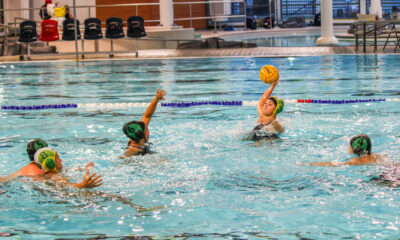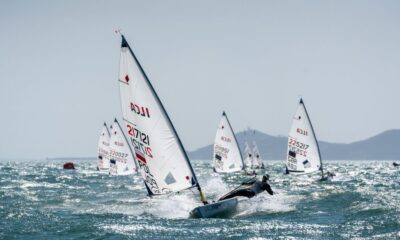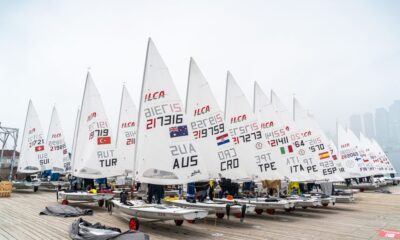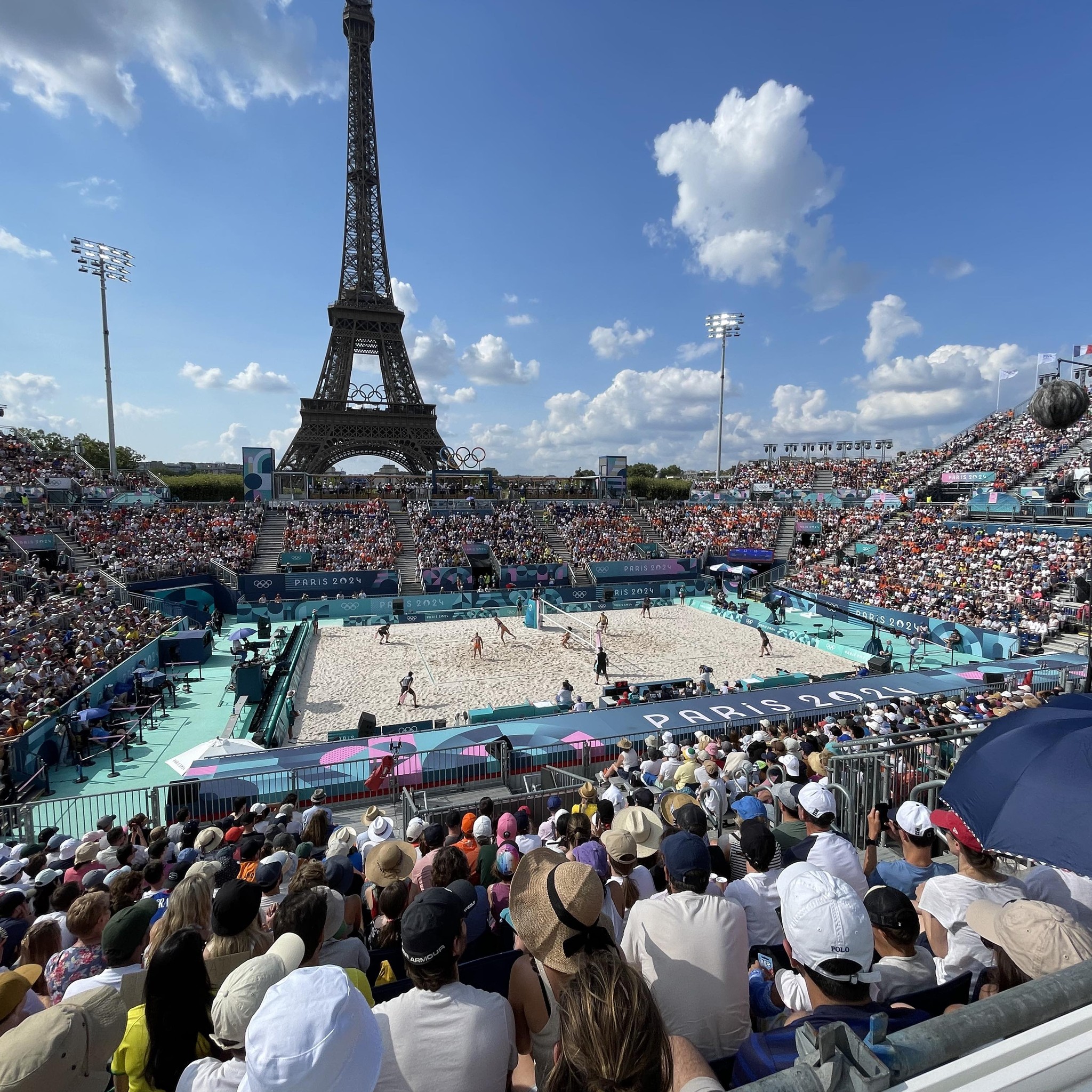
Photo Credit Roland Stockli
Over your lifetime you’ll meet various individuals who turn into true friends and one such person is who I call a “true friend” namely Roland Stockli.
I first met Roland when he worked at Rogers TV in Surrey as the Producer not just covering sports but any show or program to hit the airwaves.
Life takes various twists and turns that eventually saw Roland taking his talents to the Olympic level of Broadcasting which he has attended around the world.
This year is no different as he’s in Paris (nice gig) but apparently he had some free time on his hands putting the following together about the History of the Olympics and the role TV played.
The following is from his travels so enjoy the read and thanks to Roland for the info.
Oh yea – It’s a three part story!!
Well as part of my relief job here in Paris, I seem to have quite a bit of time on my hands, but I need to be available at or near the IBC in case they need someone to go somewhere.
So while I am waiting, I’d thought I would try something that requires some research. So if you like and also have nothing to do please take a look at Part 1 of the History of the Olympics and the role of televising such a storied event.
Part 1…….The Broadcast of the Olympic Games and how CBS, ABC and NBC left their respective marks on Television history.
When talking about the history of live Olympic coverage the Summer games of the XI Olympiad is where it begins.
The 1936 Summer Olympics in Berlin were broadcast to a closed circuit audience. The signals were made available in more than two dozen halls in Berlin, Leipzig and Potsdam and the Olympic village.
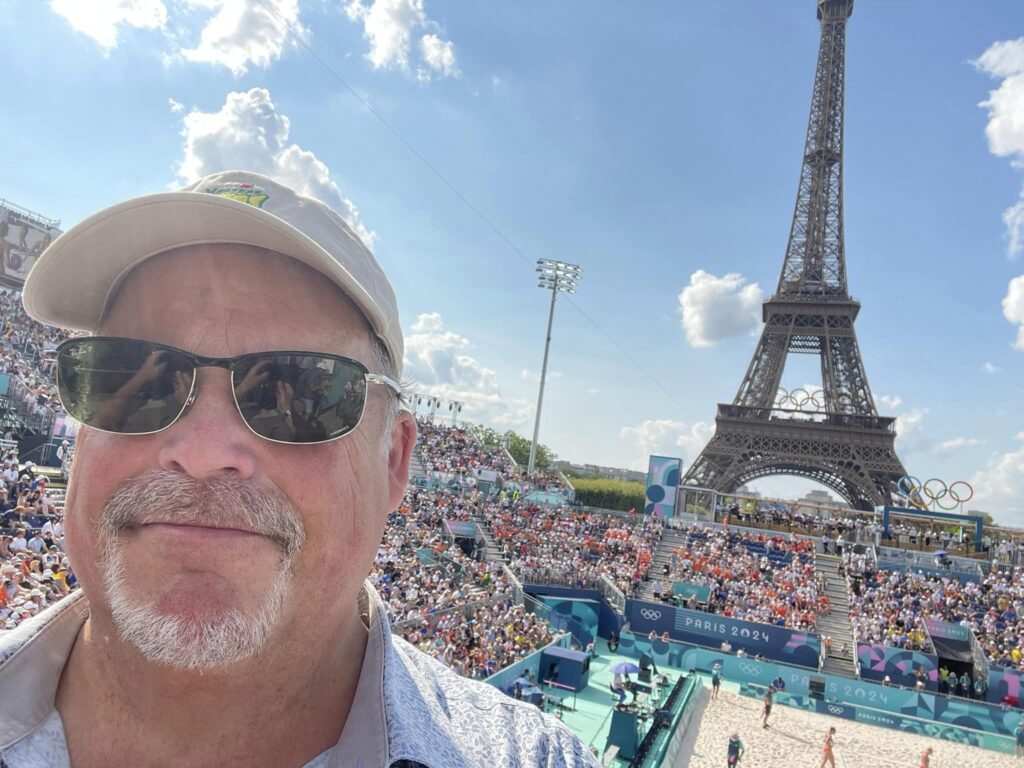
In front of Hitler himself, American Jesse Owens won gold and with it, he occupies a unique spot in Olympic lore.
The BBC provided coverage of the 1948 Summer Olympics on their television service, live from Wembley Stadium and the Empire Pool. Coverage was mainly limited to the London area but could be picked up as far away as the Channel Islands in certain weather conditions.
Television service was introduced to Australia in time for the 1956 Games in Melbourne. International broadcasting institutions present were BBC, CBS, NBC, Eurovision and United Press. These Games were the first time broadcasting rights were sold.
First live coverage of the Olympics seen in North America was………..
1960 Winter Olympics in Squaw Valley, California, (Olympic Valley).
CBS acquired the rights fees for $50,000.00 and the broadcast was anchored by Walter Cronkite.
By contrast Ampex sold its first videotape machine in 1956 for $50,000.00. Instant replay was still 7 years away but it was at these Olympics that the idea was hatched.
The 1960 summer Olympic games of Rome were also covered by CBS. They paid $394,000.00 for the exclusive US rights.
No live coverage at all. Footage was fed from Rome to London via microwave.
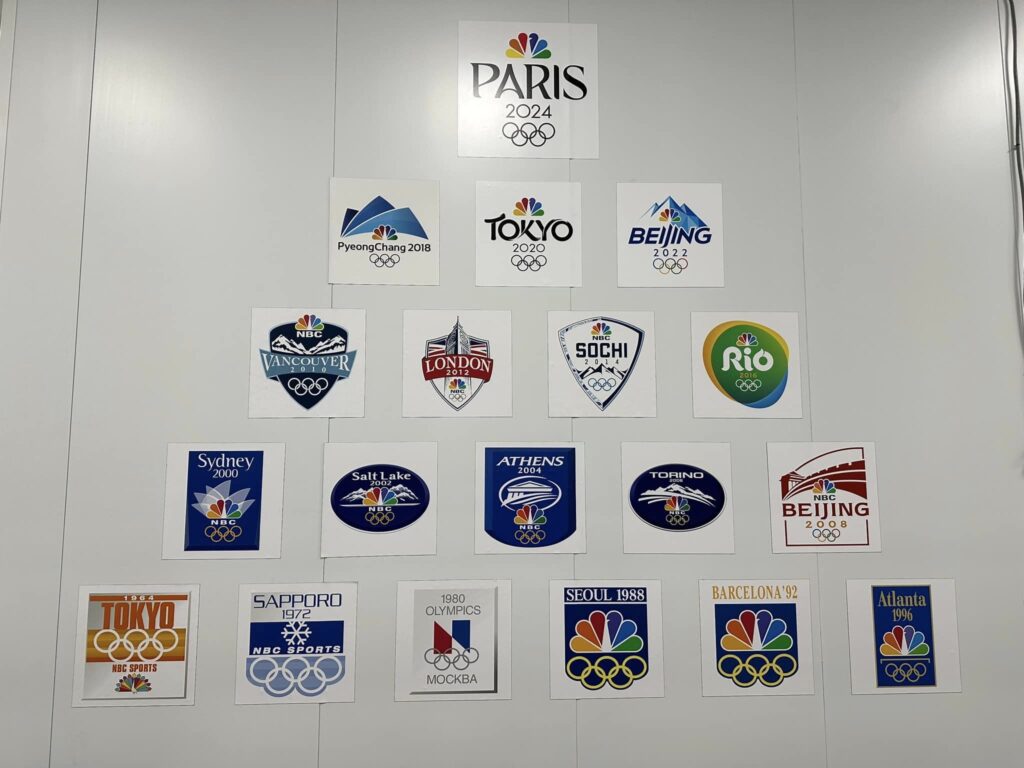
The feed was recorded in London and then the tapes were flown to New York (Idlewild Airport) and played from a mobile unit at the airport and microwaved into the city.
Then the footage was beamed into Canada and Mexico and those 2 countries broadcast the Olympics for the first time.
Some events covered in the morning or early afternoon in Rome actually made it on the air the same day on the late night show which aired from 11:15 pm to 11:45pm.
A little note here, the host of that late night broadcast was none other than Jim MacKay, who was working for CBS at the time.
It’s ironic that the Army/Navy game of 1963 and broadcast on CBS, should be on this list. Navy did prevail that day 21 to 15 but the event in the 4th Qtr. of that game, the very first instant replay, owes its existence to the 1960 Winter games.
Part Two Sunday August 4th

Advertise With Sportswave

About Sportswave

SICAMOUS HOUSEBOATS

Delta Islanders Jr. A Lacrosse

North Delta Business Association

